Celebrated annually on October 31st, World Cities Day highlights the importance of urban areas and their impact on our planet. In a world where more than half of the global population resides in cities, the way we build and manage urban areas holds the key to a sustainable future. It is essential to recognise the pivotal role that communities and movements play in shaping environmentally conscious cities. Greenpeace International commissioned a Global Opinion Poll in seven major cities across the Global South that provides insight into the concerns of urban residents, and underscores the urgency of the issues we face.
Cities such as Jakarta, Manila, Delhi, Bogota, Bangalore, São Paulo, and Nairobi, face unique challenges due to rapid urbanisation, yet they offer inspiring examples of community-led, people-powered solutions for climate change and sustainability.
Jakarta, Indonesia: The "Kota Kita" initiative in Jakarta works on participatory approaches in urban planning and development with local communities that are crucial in creating equitable, inclusive, and sustainable cities. Their initiatives currently center around but are not limited to urban governance, inclusivity, and resilience.
Bogota, Colombia: The "Ciclovía" program in Bogota has opened streets to cyclists and pedestrians every Sunday since 1974, promoting active lifestyles and reducing carbon emissions through community engagement.
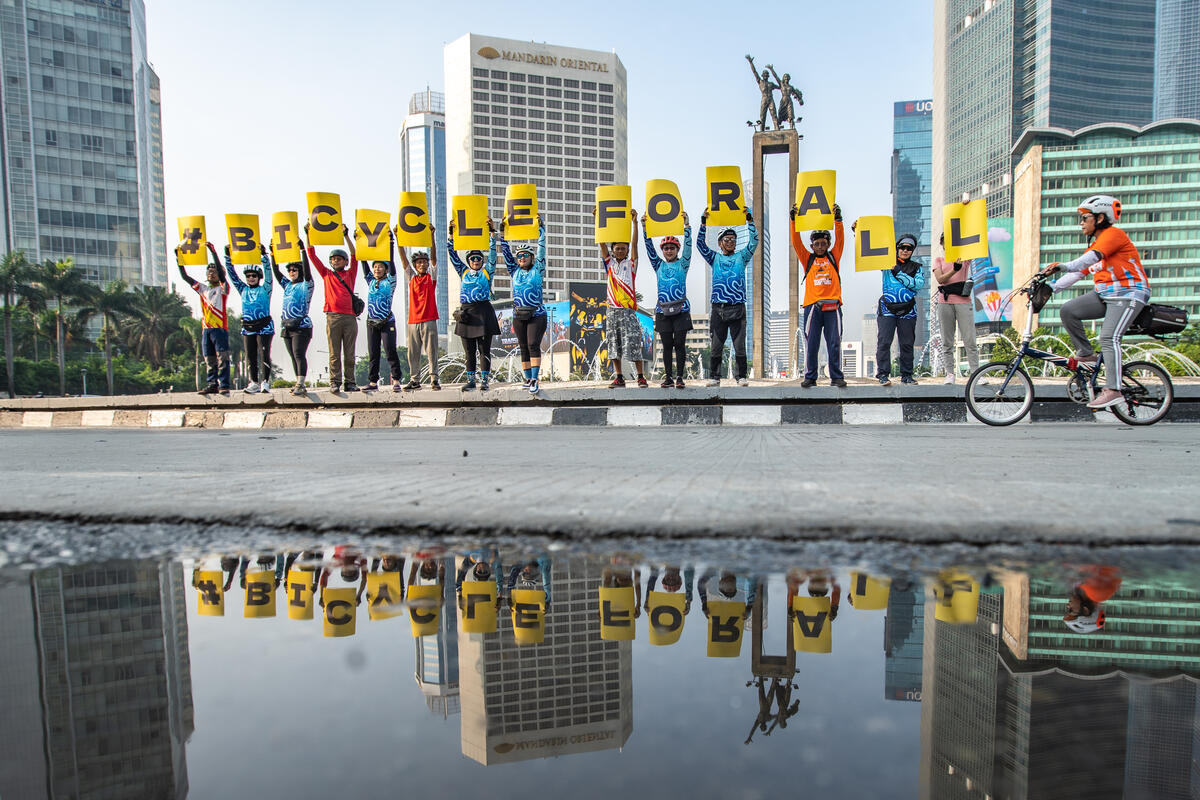
Nairobi, Kenya: 'Komb Green Solutions' is a community-based organisation in Korogocho, Nairobi. They work with young people to create green and safe places along the Nairobi River. They now offer loans for entrepreneurial ideas, train other youth groups in ecosystem restoration and even have an official partnership with Nairobi county government.
Bengaluru, India: In Bengaluru, "Janaagraha" began as a movement to promote participatory democracy at the neighborhood level. They now work on resolving issues on services and infrastructure through participation, as well as reforming the systems that delivered them, to ensure high standards of accountability and transparency.
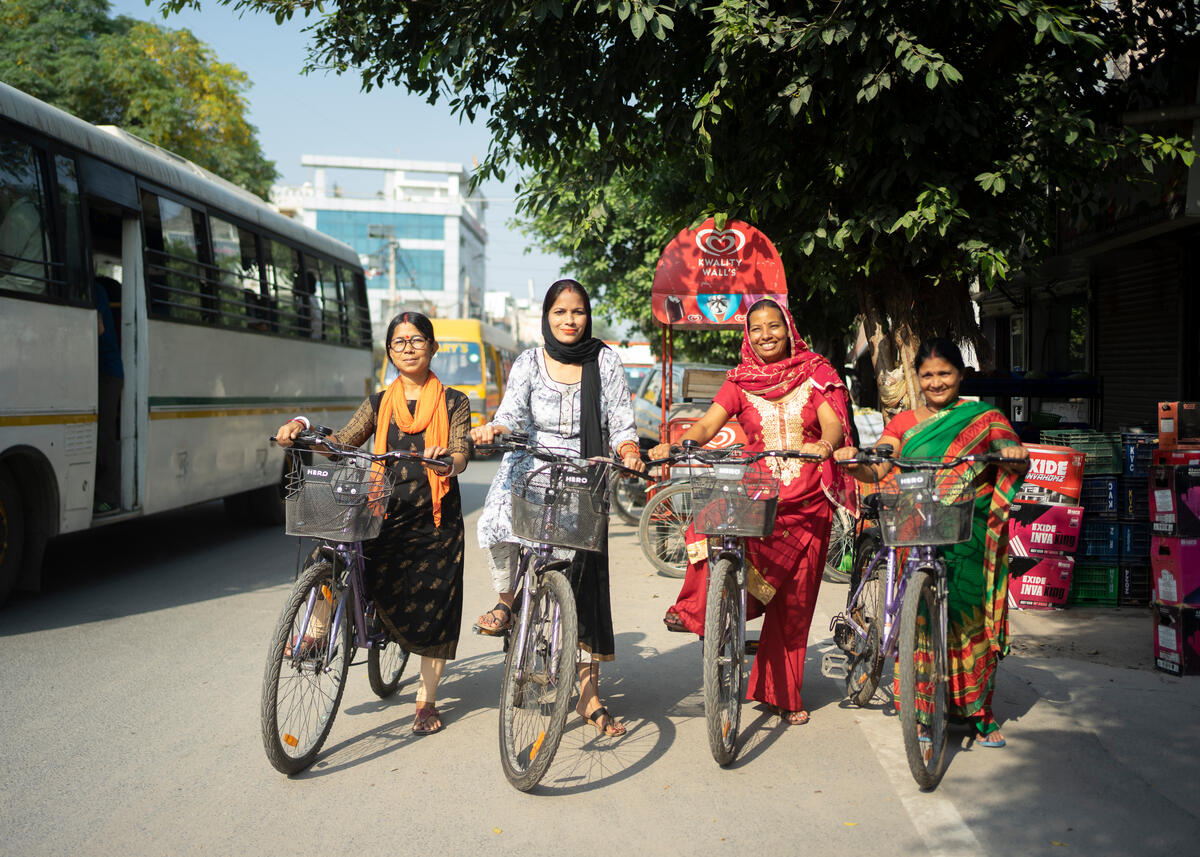
Manila, Philippines: In Manila and across the Philippines, "Move as One" works with vulnerable communities. A broad civil society coalition of 140 organisations and over 77,000 individuals, their work started during the COVID-19 pandemic, to advocate for policies and programs to safely get frontline workers to where they needed to go. Now, they are working towards a safer, more humane, and more inclusive public transportation system in the Philippines.
Brazil: In 2013, people across different cities in Brazil took to the streets protesting against large-scale social change. It started with a growing anger against a rise in bus fares, but soon spiraled into something larger, from corruption to the cost of hosting a football World Cup in the midst of a financial crisis.
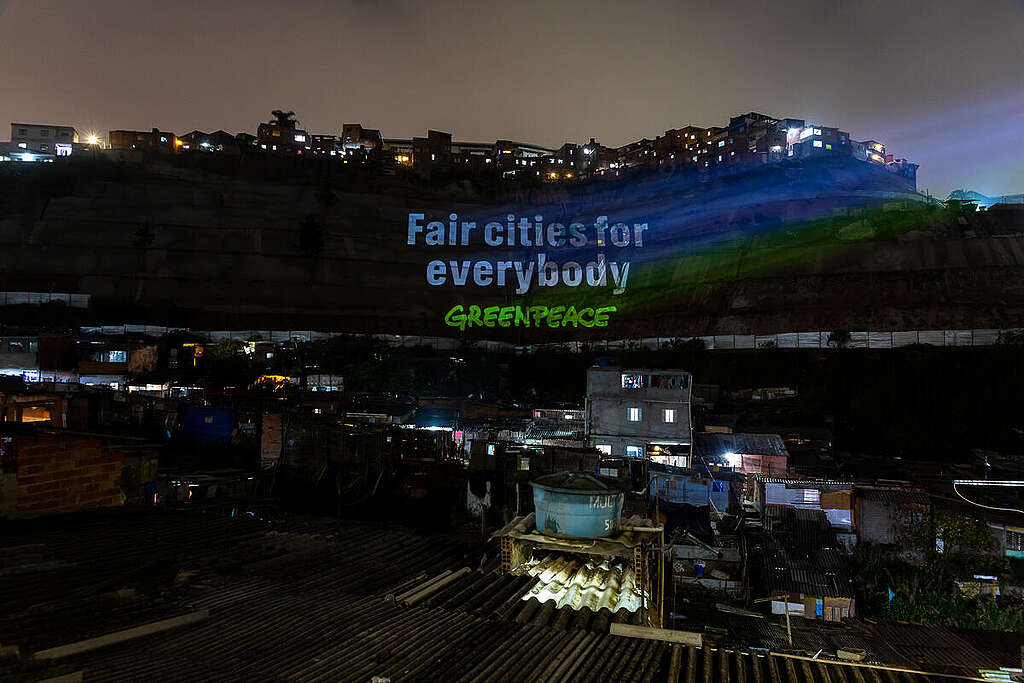
Delhi, India: In 2011, Delhi witnessed an urban mass movement of its own against institutionalised and large-scale corruption - thousands of people protested and called for the introduction of a Jan Lokpal Bill (Citizen's Ombudsman Bill) that would investigate corruption in authority figures and protect whistleblowers. It had far reaching effects for Indian politics, with the anti-corruption narrative changing political fortunes at the national and regional levels. Also in India, with air pollution being one of the biggest concerns, people from all walks of life are working towards ensuring clean air. From mothers concerned about their children's wellbeing, to construction workers concerned about workplace safety and economic impact, and doctors campaigning for healthier conditions - this cross section has come together with local policymakers to take collective action to improve air quality.
Millions of people still remain invisible within urban society. They include women, children and the elderly, members of LGBTQ+ communities, just to mention a few. Class, caste, and racial barriers create various curtains of invisibility of their own. Fluid urban movements, ones that are sparked by simple demands common to all those marginalised have a domino effect that cannot be overstated.
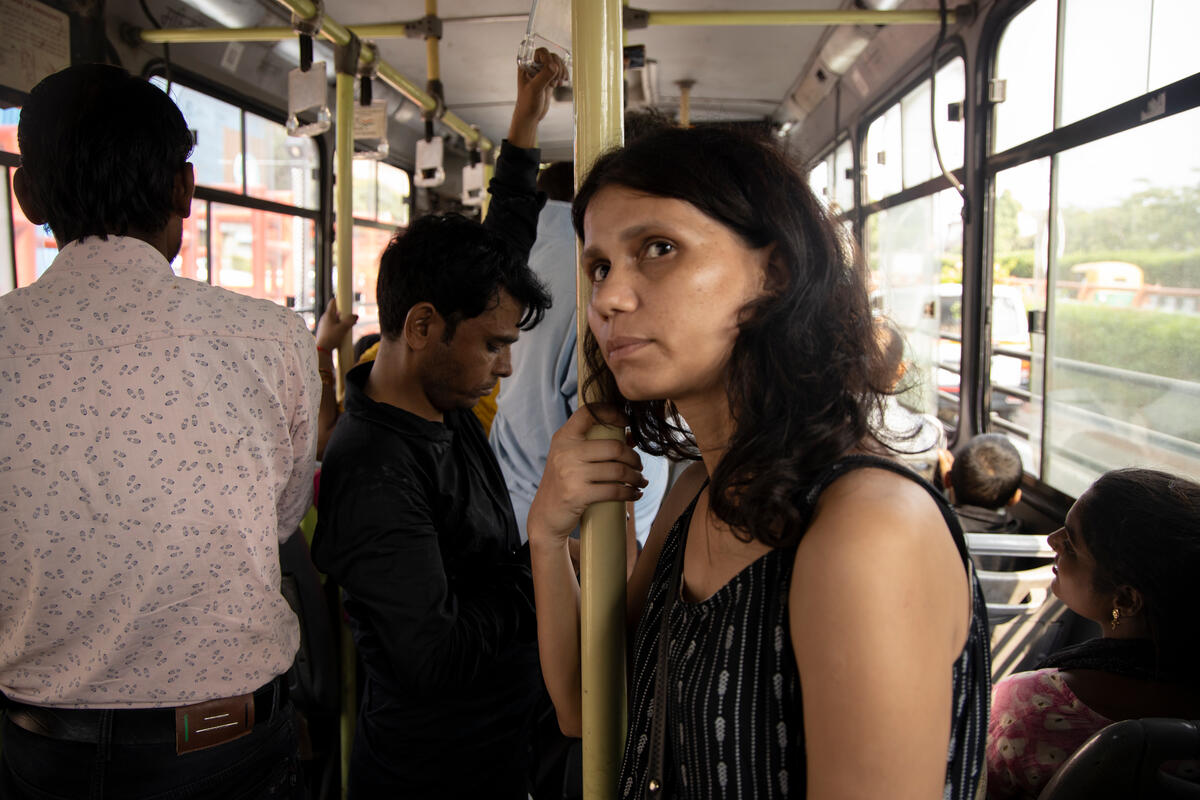
The basic tenets, clean air, drinking water, access to shelter, are in peril today just as much as they were half a century ago. The climate crisis has only enhanced them. Dialing down is not an option anymore. If anything it's an opportune moment to step back and put the controls into the hands of those whose voices are rarely heard. In many of the stories shared above, the intersectional nature of these solutions become clear.
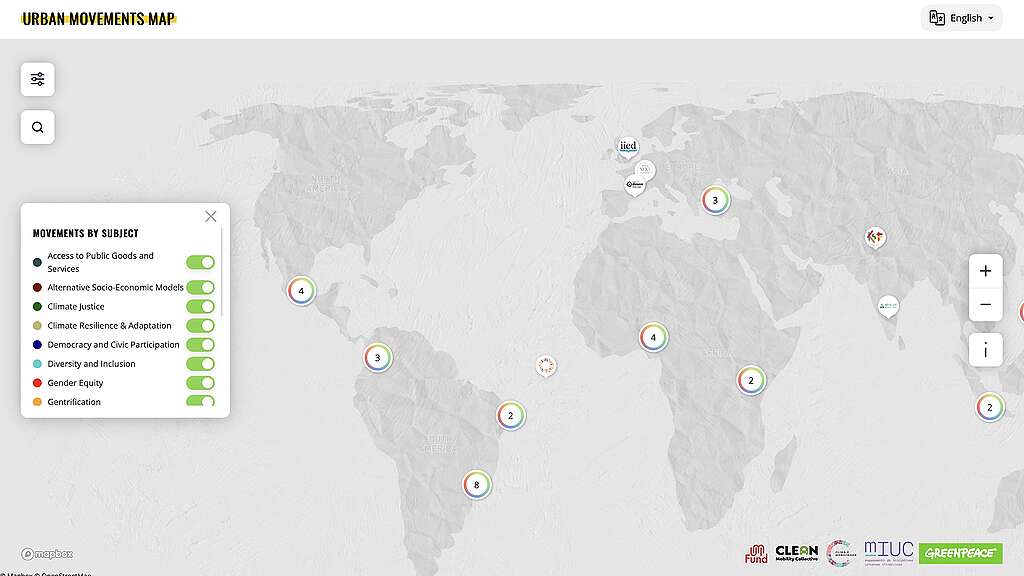
World Cities Day serves as a reminder that the path to sustainable cities begins with communities and movements. Greenpeace International's poll highlights the shared concerns of urban residents, emphasising the need for immediate action, and the release of a new Urban Movements Map platform aims to provide a connection and set of shared resources for urban movements around the globe. The success stories from global south cities, such as Jakarta, Manila, Delhi, Bogota, Bangalore, São Paulo, and Nairobi, demonstrate that local solutions are both effective and inspiring. By supporting communities and movements, we can collectively work towards urban environments that are not only livable but also sustainable, ensuring a brighter future for our cities and the planet.
Pujarini Sen is member of the Greenpeace International Urban Justice campaign team.






